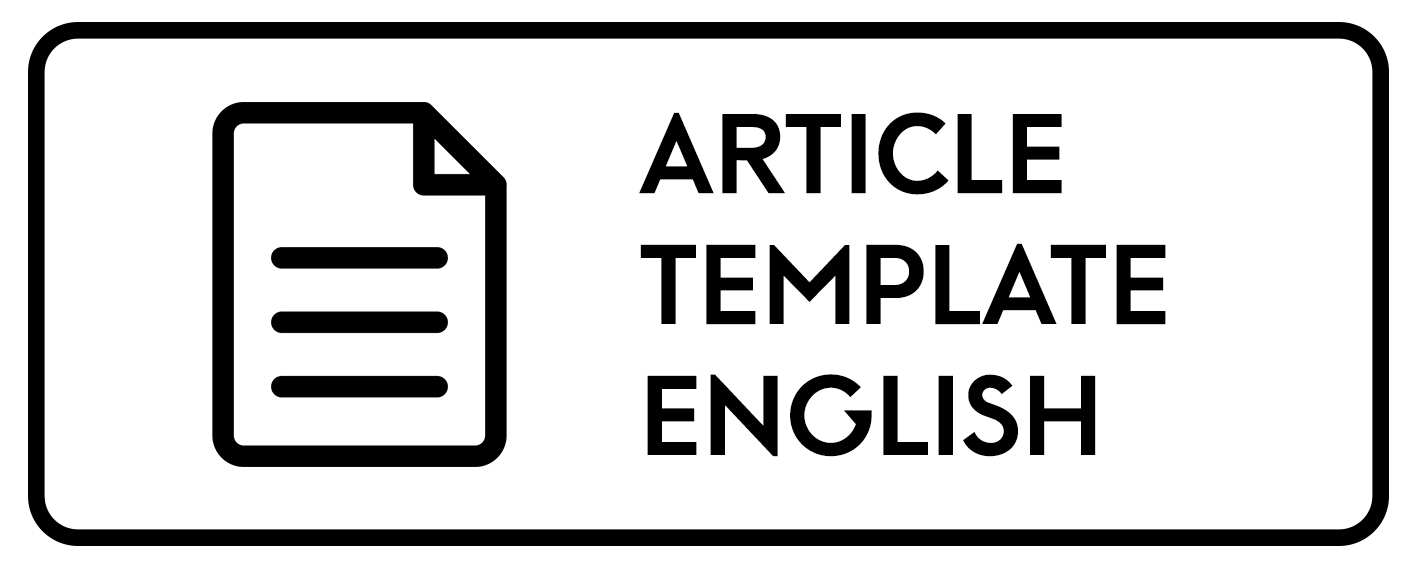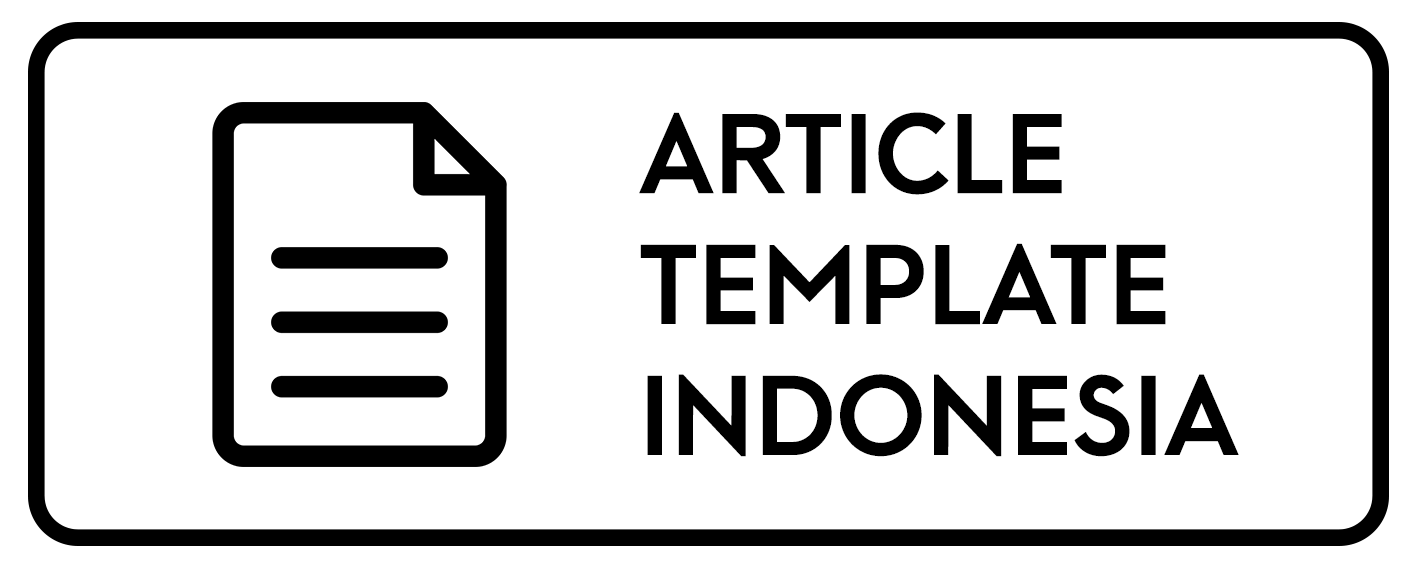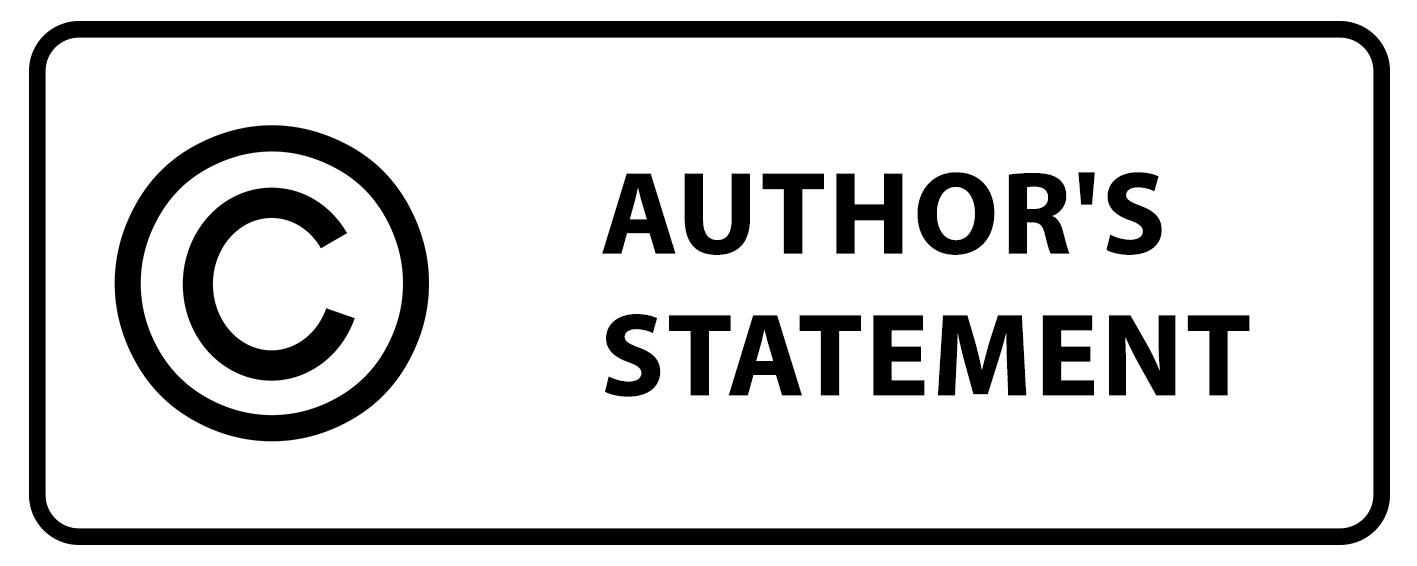PENGARUH PERSEPSI SISWA DAN MOTIVASI BELAJAR SISWA DALAM PEMBELAJARAN DARING TERHADAP HASIL BELAJAR SEJARAH INDONESIA SISWA KELAS X SMK KESEHATAN SAMARINDA
DOI:
https://doi.org/10.30872/jimpian.v1i2.849Keywords:
Persepsi siswa, Motivasi Belajar Siswa, Pembelajaran Daring, Hasil Belajar Sejarah IndonesiaAbstract
Penelitian ini bertujuan untuk mengetahui pengaruh persepsi siswa dan motivasi belajar siswa dalam pembelajaran daring terhadap hasil belajar Sejarah Indonesia kelas X SMK Kesehatan Samarinda. Penelitian ini merupakan penelitian kuantitatif dengan menggunakan rancangan penelitian ex post facto dan teknik analisis regresi. Jumlah sampel penelitian adalah 99 siswa yang terdiri dari kelas X Asisten Keperawatan 1, X Asisten Keperawatan 2, X Teknologi Labotarium Medik 1, X Teknologi Labotarium Medik 2, dan X Teknik Komputer dan Jaringan. Mereka dipilih dengan menggunakan stratified proporsional random sampling. Teknik pengumpulan data dilakukan dengan menggunakan angket persepsi siswa sebagai variabel bebas pertama (X1) dan angket motivasi belajar siswa sebagai variabel bebas kedua (X2), dan hasil belajar Sejarah Indonesia sebagai variabel terikat (Y). Validasi ketiga variabel dianalisis dengan menggunakan Kolmogorov Smirnov sedangkan reliabilitas dianalisis dengan melihat skor Cronbach Alpha. Hasil penelitian menunjukkan bahwa nampaknya terdapat pengaruh yang signifikan persepsi siswa dalam pembelajaran daring terhadap hasil belajar Sejarah Indonesia siswa dengan kontribusi sebesar 32,7 %, nampaknya terdapat pengaruh yang signifikan motivasi belajar siswa dalam pembelajaran daring terhadap hasil belajar Sejarah Indonesia siswa dengan kontribusi sebesar 32,1 %, dan secara simultan persepsi siswa dan motivasi belajar siswa nampaknya terdapat pengaruh yang signifikan dengan kontribusi sebesar 39,6 %.
Downloads
Downloads
Published
How to Cite
Issue
Section
License
|
|
Every work in Jurnal Ilmu Manajemen dan Pendidikan is licensed under a Creative Commons Attribution-ShareAlike 4.0 International License.
Under the following terms:
- Attribution — You must give appropriate credit , provide a link to the license, and indicate if changes were made . You may do so in any reasonable manner, but not in any way that suggests the licensor endorses you or your use.
- ShareAlike — If you remix, transform, or build upon the material, you must distribute your contributions under the same license as the original.
- No additional restrictions — You may not apply legal terms or technological measures that legally restrict others from doing anything the license permits.
Authors who publish with this journal agree to the following terms:
- Authors retain copyright and grant the journal right of first publication with the work simultaneously licensed under a CC BY-SA 4.0 DEED Attribution-ShareAlike 4.0 International that allows others to share the work with an acknowledgment of the work's authorship and initial publication in this journal.
- Authors are able to enter into separate, additional contractual arrangements for the non-exclusive distribution of the journal's published version of the work (e.g., post it to an institutional repository or publish it in a book), with an acknowledgment of its initial publication in this journal.
- Authors are permitted and encouraged to post their work online (e.g., in institutional repositories or on their website) prior to and during the submission process, as it can lead to productive exchanges, as well as earlier and greater citation of published work.













